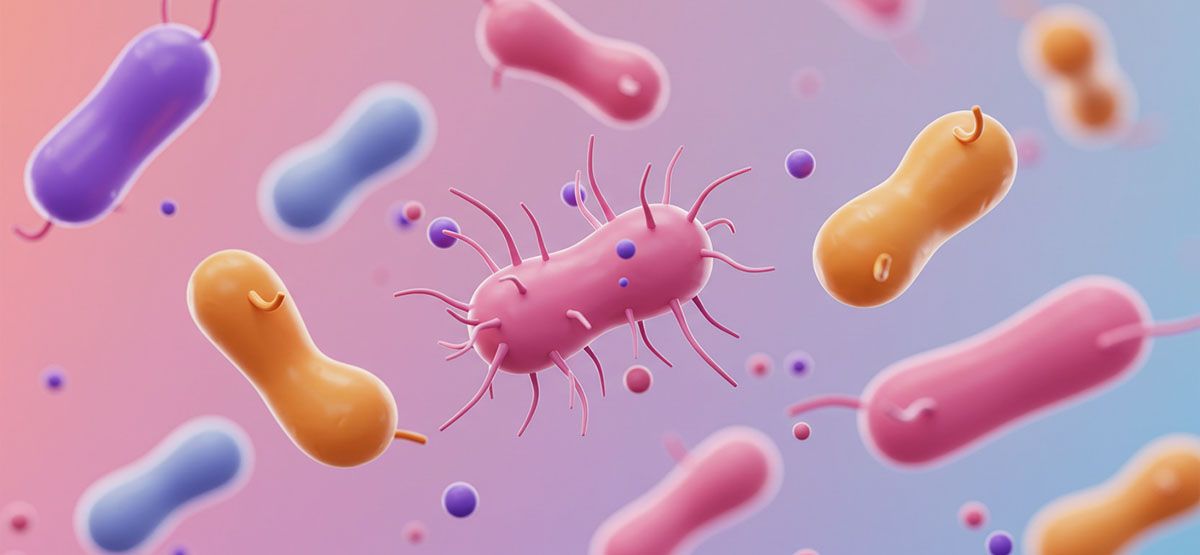
The Latest Findings on the Vaginal Microbiome
What New Science Reveals About Balance, Health, and Prevention
The vaginal microbiome — the natural community of bacteria and microorganisms that live inside the vagina — plays a vital role in women’s overall health.
In recent years, new research has shed light on just how important these microbes are for comfort, protection, fertility, and even pregnancy outcomes.
Here’s what scientists are discovering, and why it matters for your wellbeing.
What’s New in Vaginal Microbiome Research
1. Good Bacteria Still Matter — But It’s More Complex Than We Thought
Healthy vaginal environments are usually rich in Lactobacillus species, especially Lactobacillus crispatus.
These bacteria help keep the vagina slightly acidic, protecting against infections like bacterial vaginosis (BV).
Recent studies show that maintaining or restoring L. crispatus can lower the risk of infection and may improve reproductive outcomes.
2. It’s Not Just Who’s There — It’s What They Do
Scientists are now looking beyond which microbes are present to what they’re actually doing.
The functions of the microbiome — such as acid production, immune signaling, and biofilm prevention — appear to be even more important than the exact mix of species.
3. The Microbiome Affects More Than BV
An unbalanced microbiome (known as dysbiosis) is linked not only to BV but also to higher risks of preterm birth and sexually transmitted infections.
Researchers emphasize that genetics, hormones, sexual activity, and even stress can influence this balance.
4. Treatment Success Depends on Your Microbial Makeup
Antibiotics can temporarily clear BV, but many women experience recurrence.
Newer strategies combine traditional treatments with live probiotics or synbiotics designed to encourage long-term colonization by protective Lactobacillus species.
Results are promising — but not every probiotic works for everyone.
Why These Findings Matter
- More Personalized Care: Understanding your vaginal microbiome could soon help tailor treatments and preventive care to your unique biology.
- Better Prevention: Supporting good bacteria through healthy lifestyle habits can reduce the need for repeated antibiotics.
- Empowered Choices: Informed women can better evaluate probiotic products, clinical trials, and professional care options.
Practical Takeaways
- Avoid douching and harsh intimate products — they can disrupt your natural balance.
- If you’re treated for BV, talk to your healthcare provider about follow-up options or microbiome-supporting products.
- Be cautious with over-the-counter probiotics; look for products that have been clinically tested and supported by scientific studies.
- During pregnancy, always discuss any supplement or probiotic use with your doctor.
The Road Ahead
The next generation of vaginal health research focuses on precision probiotics, diagnostic microbiome testing, and long-term microbiome restoration.
While scientists are still unraveling all the connections, one thing is clear: your vaginal microbiome is not just a collection of bacteria — it’s a key partner in your overall health.
Sources & Further Reading
- Nature Communications (2025). “Impact of a Multi-Strain Lactobacillus crispatus Synbiotic on Vaginal Health.”
- Microbiome Journal (2024). “Functional Signatures of the Vaginal Microbiota.”
- Frontiers in Cellular and Infection Microbiology (2025). “The Untapped Potential of Vaginal Microbiome Diagnostics.”
- American College of Obstetricians and Gynecologists (ACOG): Understanding Vaginal Health
Learn More
For more educational articles, visit our Research Hub or explore the Intimate Insights Series at The Vagina Institute — your trusted source for science-based, body-positive education.